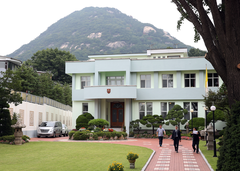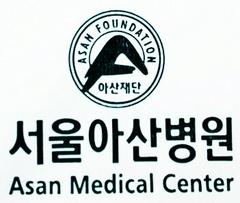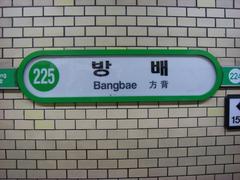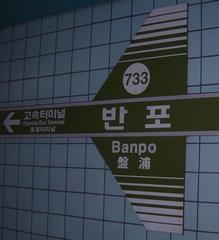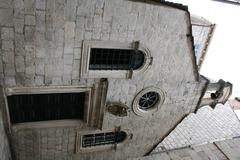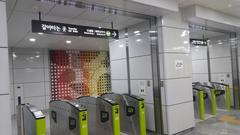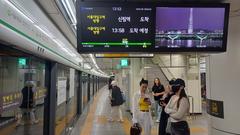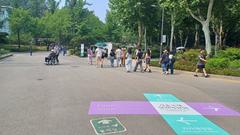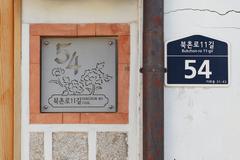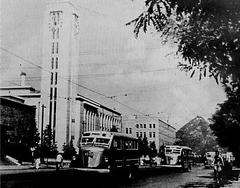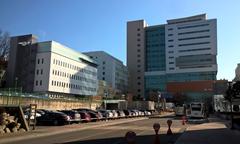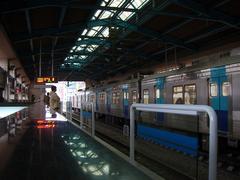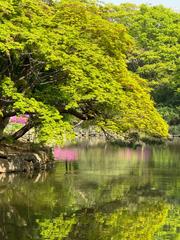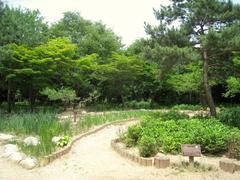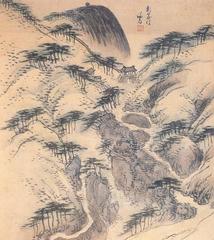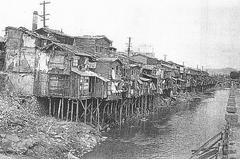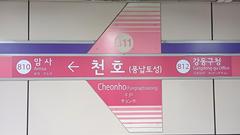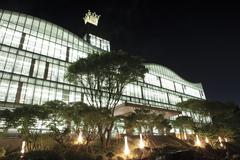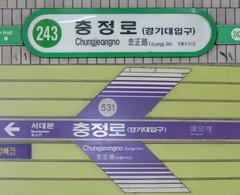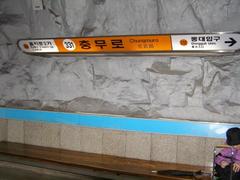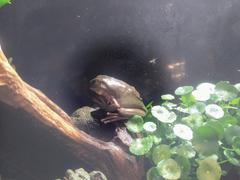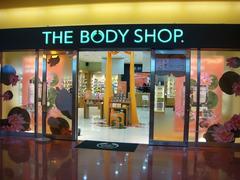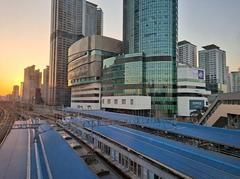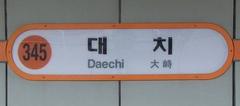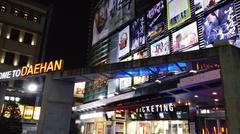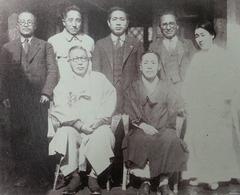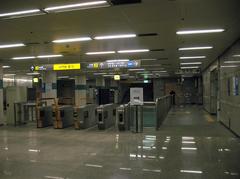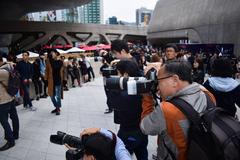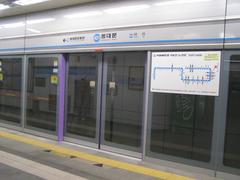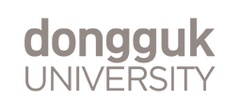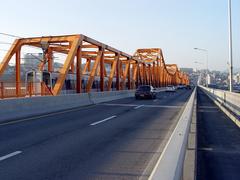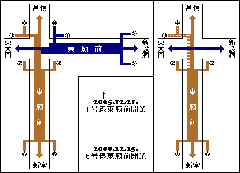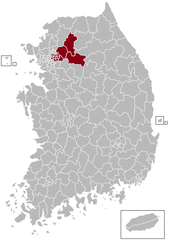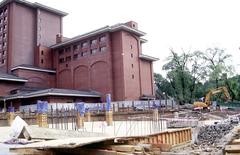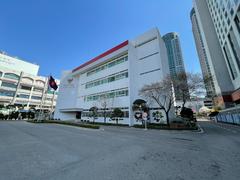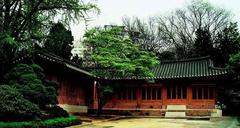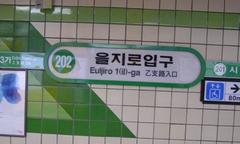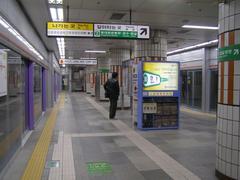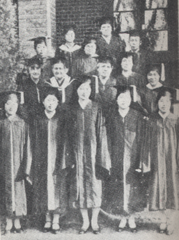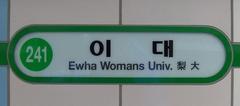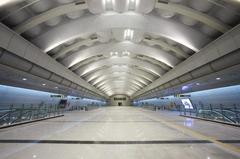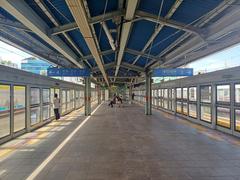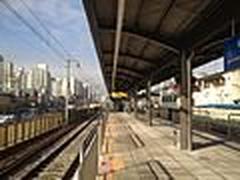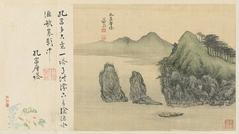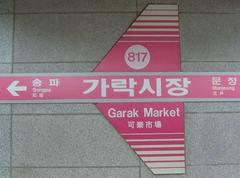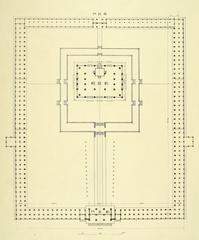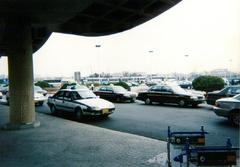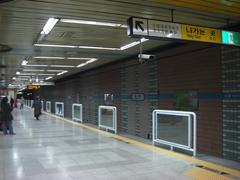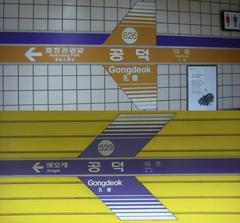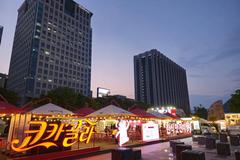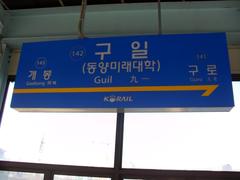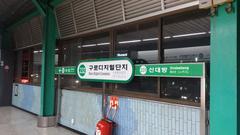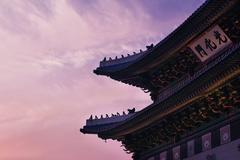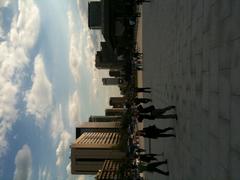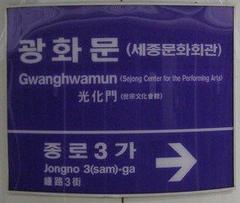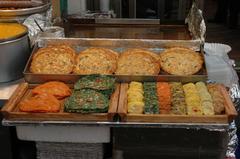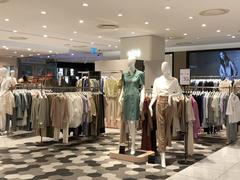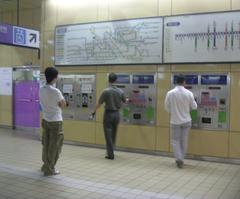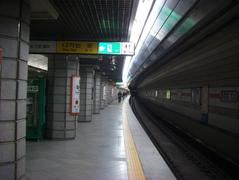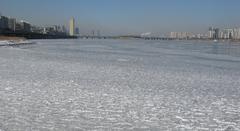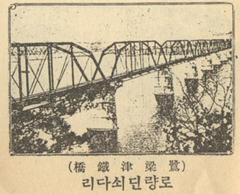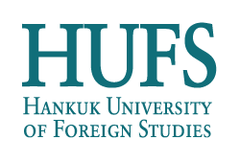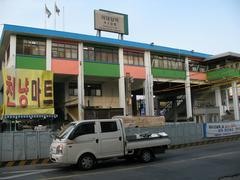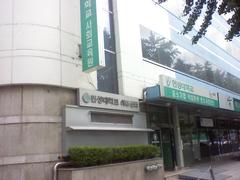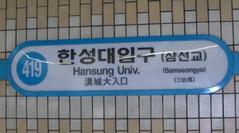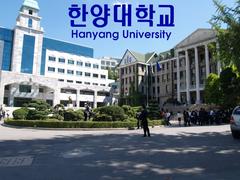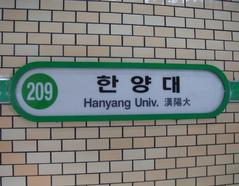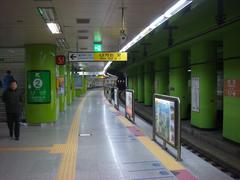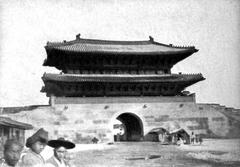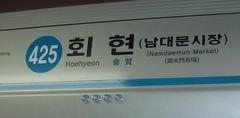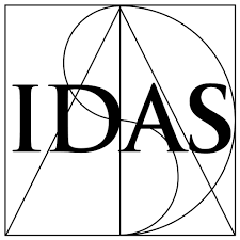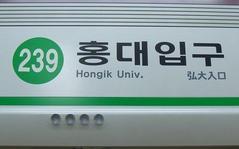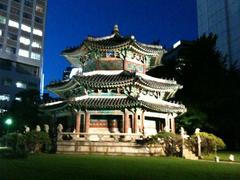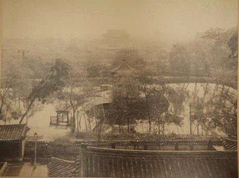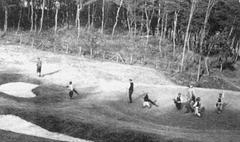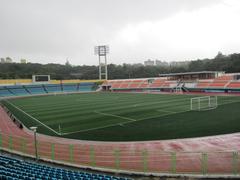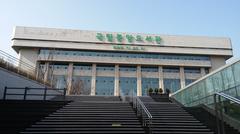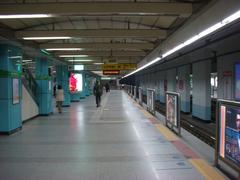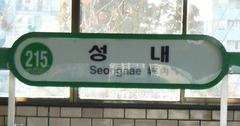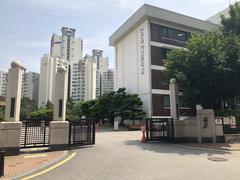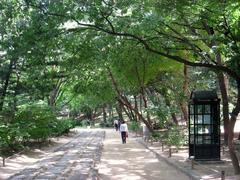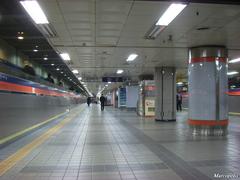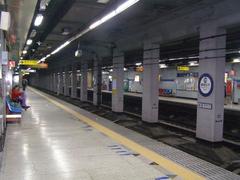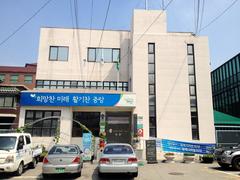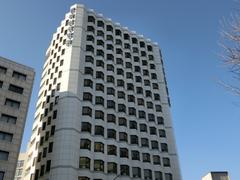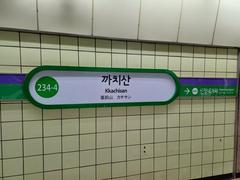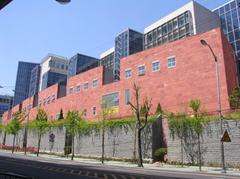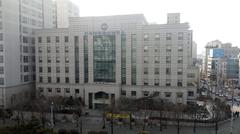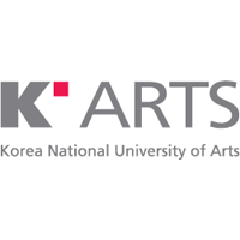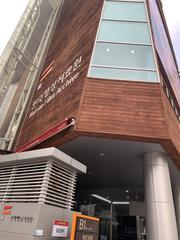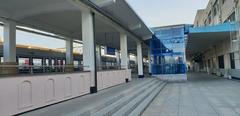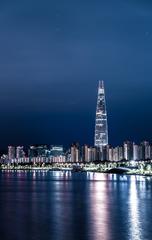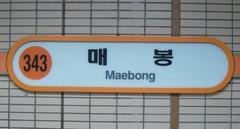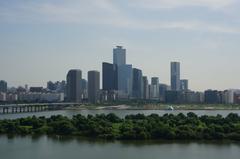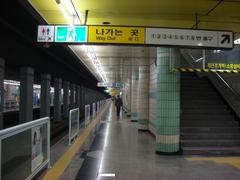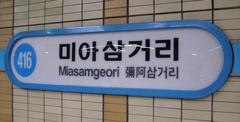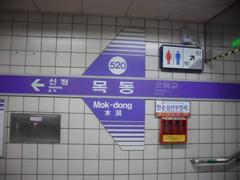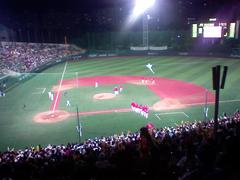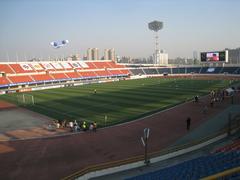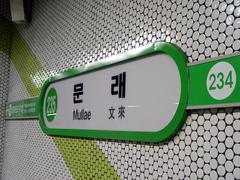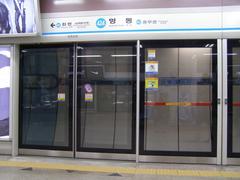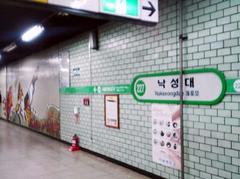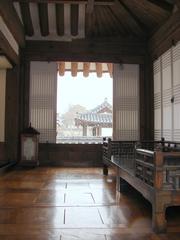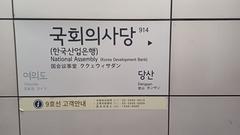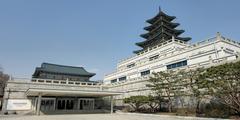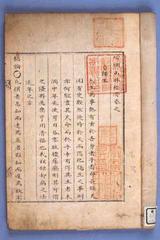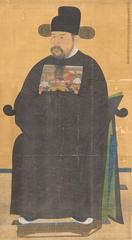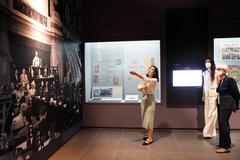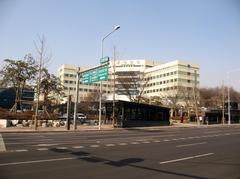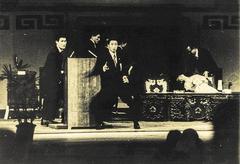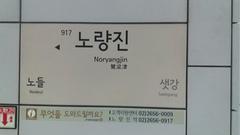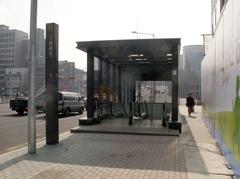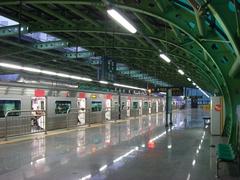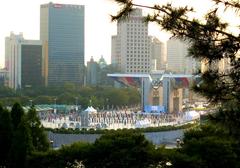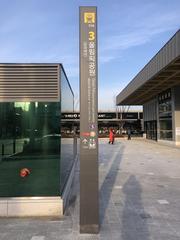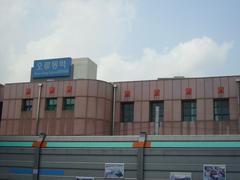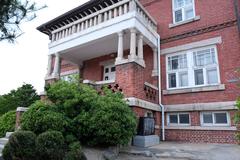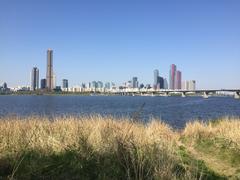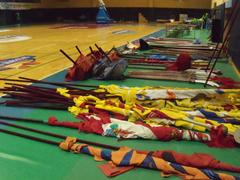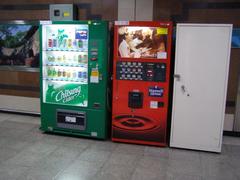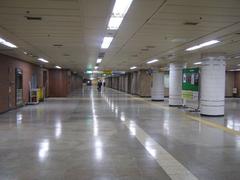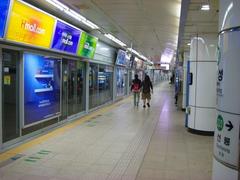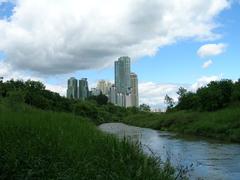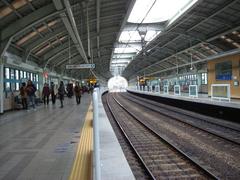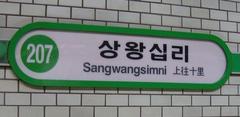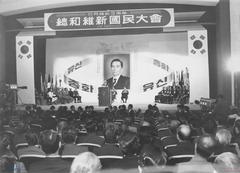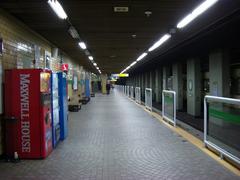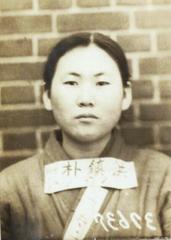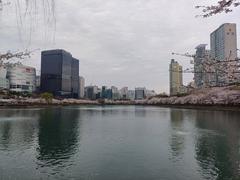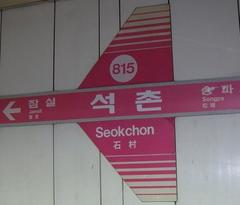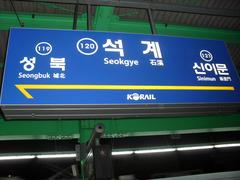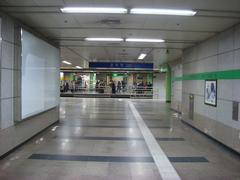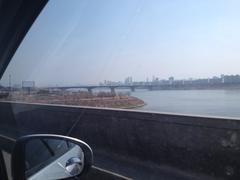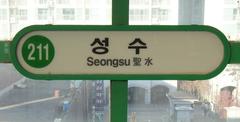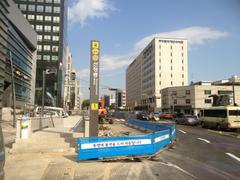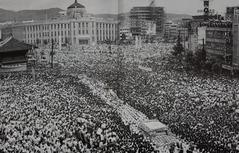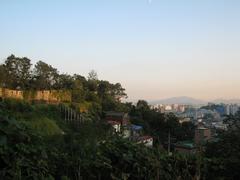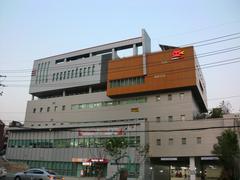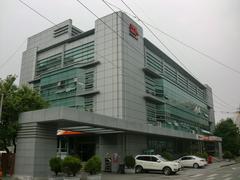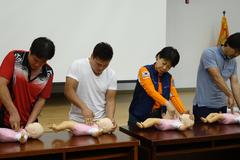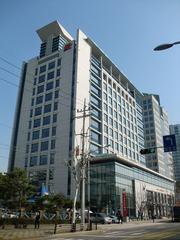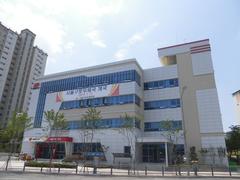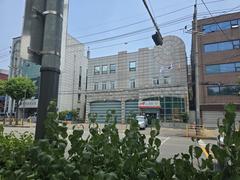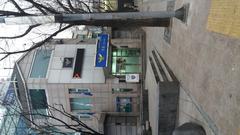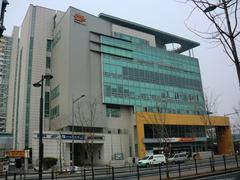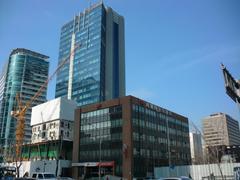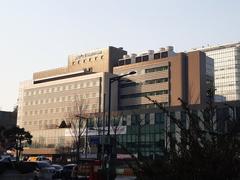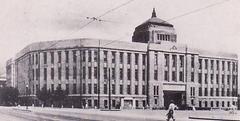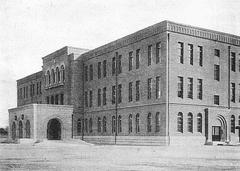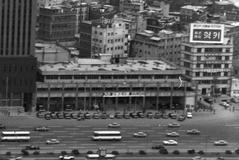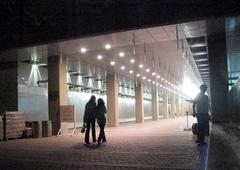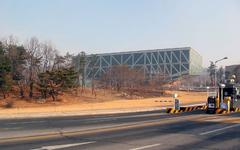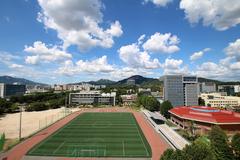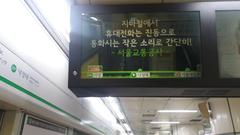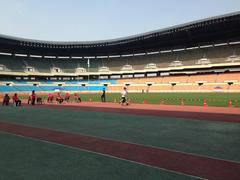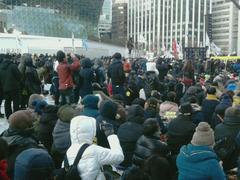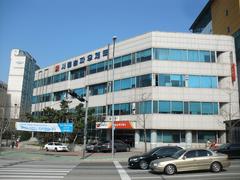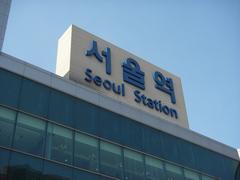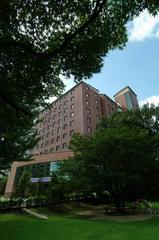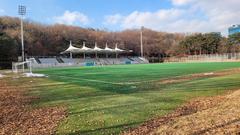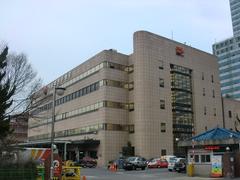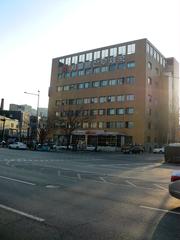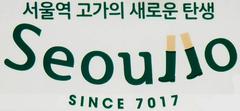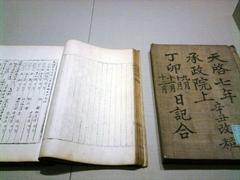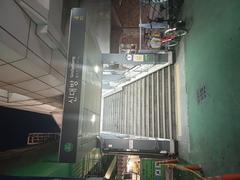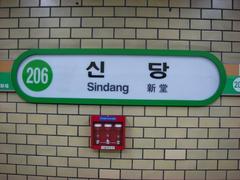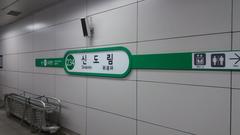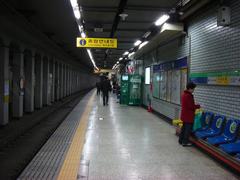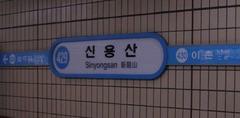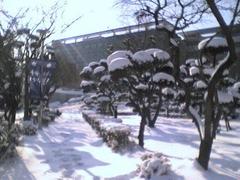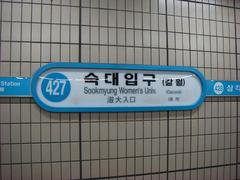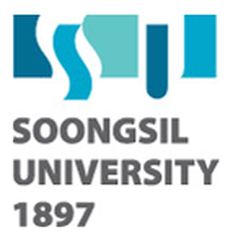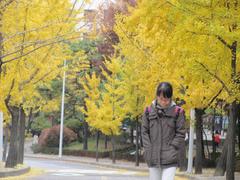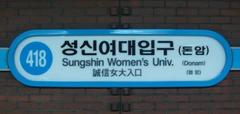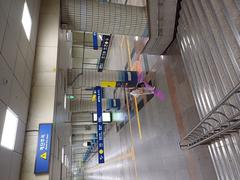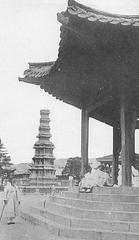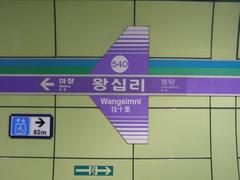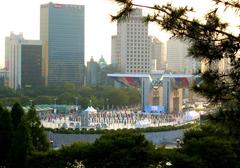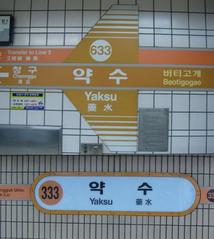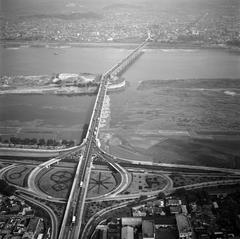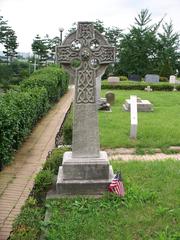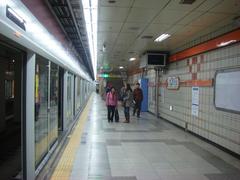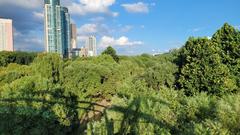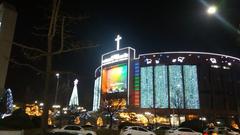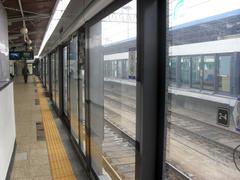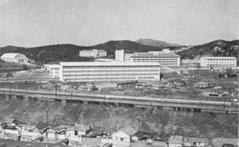
World Cup Stadium Station Seoul: Visiting Hours, Tickets, and Travel Guide
Date: 04/07/2025
Introduction
Nestled in Mapo-gu, Seoul, World Cup Stadium Station (월드컵경기장역) is more than a convenient subway stop—it’s a gateway to history, culture, and the city’s most impressive feats of urban renewal. Opened in December 2000 ahead of the 2002 FIFA World Cup, the station was purpose-built to accommodate massive crowds, providing direct access to the iconic Seoul World Cup Stadium (also known as Sangam Stadium). This architectural marvel stands as a symbol of Seoul’s commitment to sustainable development, seamlessly blending traditional Korean design with modern engineering. The stadium, together with the adjacent World Cup Park, has transformed a former landfill into a thriving center of sports, culture, and green recreation (Seoul Metro; Korea Tourism Organization; Seoul Facilities Corporation; Wikipedia).
This comprehensive travel guide details everything you need to know—station and stadium visiting hours, ticketing, accessibility, nearby attractions, travel tips, and sustainability initiatives—ensuring you make the most of your visit to this dynamic area.
For the latest information, always consult Seoul Metro, the Seoul World Cup Stadium official site, and Visit Seoul.
Contents
- Introduction
- Historical Background
- Architectural Significance
- Visitor Information
- Seoul World Cup Stadium: Visiting Hours, Tickets, and Facilities
- World Cup Park: History and Highlights
- Getting There and Accessibility
- Major Events and Annual Festivals
- Practical Tips and FAQ
- Conclusion
Historical Background
Origins and Development
World Cup Stadium Station was inaugurated on December 15, 2000, as part of Seoul’s rapid transit expansion for the 2002 FIFA World Cup. Built alongside Seoul World Cup Stadium, the station was engineered to handle high passenger volumes during international events and to anchor the urban revitalization of Sangam-dong (Seoul Metro; Korea Tourism Organization).
Role in the 2002 FIFA World Cup
During the World Cup, the station efficiently managed daily ridership surges exceeding 100,000, facilitating access to major matches and ceremonies (FIFA World Cup 2002 Report).
Urban Renewal: Sangam New Town
The station is integral to Sangam New Town, an award-winning urban redevelopment project transforming reclaimed landfill into a digital media and eco-friendly district (Seoul Metropolitan Government).
Architectural Significance
World Cup Stadium Station spans approximately 8,000 square meters and features wide concourses, intuitive signage, and football-themed murals. Its direct underground passageways connect seamlessly to Seoul World Cup Stadium, equipped with escalators, elevators, and barrier-free access (Seoul Metro Station Information; Seoul Facilities Corporation).
Sustainable and User-Friendly Features
The station incorporates energy-efficient lighting, advanced ventilation, and water-saving systems. Football-inspired art, rotating exhibitions, and digital displays foster a lively, welcoming atmosphere. Accessibility is ensured through tactile paving, ramps, and modern restrooms (Seoul Metro Accessibility).
Visitor Information
Station Visiting Hours
- Hours: 5:30 AM to midnight (Line 6 standard). Hours may extend during major events. Check Seoul Metro for updates.
Tickets and Fares
- Subway Access: No special ticket for the station; standard Seoul Metro fares apply. Use T-money cards or single-ride tickets (Seoul Metro Fare Information).
Travel Tips
- Arrive early for events.
- Utilize barrier-free facilities as needed.
- Download the Audiala app for live transit updates and event alerts.
Nearby Attractions
- Seoul World Cup Stadium: Premier sports and event venue.
- World Cup Park: Five eco-friendly parks including Haneul Park.
- Digital Media City: Hub for Korea’s media industry.
- Sangam Broadcasting Centers (MBC, SBS): For K-drama and entertainment fans.
Seoul World Cup Stadium: Visiting Hours, Tickets, and Facilities
About the Stadium
Seoul World Cup Stadium (Sangam Stadium) stands as a monument to modern Korean architecture, inspired by traditional ceramics and kites. With a seating capacity of 66,704, it is South Korea’s second-largest stadium and the home of FC Seoul. Beyond football, it hosts concerts, festivals, and large-scale events (Wikipedia).
Visiting Hours
- General Hours: 10:00 AM–6:00 PM. Extended or modified hours during events—always confirm via the official site.
Ticket Information
- Events: Tickets for matches and concerts are available online or at the stadium box office. Advance purchase recommended.
- Guided Tours: Tours (access to pitch, locker rooms, VIP areas) require advance booking. Contact: +82-2-2290-6114.
- Discounts: Available for students, seniors, and groups (confirm eligibility at purchase).
Facilities
- Football museum, souvenir shops, and diverse eateries.
- Clean, accessible restrooms and baby-changing stations.
- Barrier-free entry and seating for visitors with disabilities.
World Cup Park: History and Highlights
From Landfill to Urban Oasis
World Cup Park is a model of environmental transformation, developed from the former Nanjido landfill. Opened in 2002, it comprises five distinct parks: Haneul Park, Noeul Park, Nanji Stream Park, Nanji Han River Park, and Peace Park (The Soul of Seoul; Wikipedia).
Park Highlights
- Haneul Park: Renowned for panoramic city views and vast silver grass fields, especially during the Pampas Grass Festival (October–November). Accessible via 291 stairs or shuttle (3,000 KRW round-trip) (Hey Roseanne).
- Noeul Park: Tranquil meadows and sunset vistas.
- Nanji Stream & Han River Parks: Riverside recreation—camping, cycling, infinity pool (summer), and water sports.
- Peace Park: 24/7 access, lawns, ponds, and cultural monuments.
Amenities
- Free entry to parks and stadium grounds (fees for tours/events).
- Wheelchair-friendly paths and rentals; shuttles for Haneul Park.
- Food stalls, cafés, and convenience stores nearby.
Getting There and Accessibility
- Subway: Line 6 to World Cup Stadium Station (Exit 1 for Peace Park; Exits 1 or 2 for stadium access).
- Bus: Routes 172, 271, and local Mapo 08 serve the area.
- Taxi/Parking: Ride-hailing apps and on-site parking available.
Accessibility: Elevators, ramps, tactile paving, multilingual signage, and support services (including at Seoul Danurim Tourism Center) ensure inclusive access.
Major Events and Annual Festivals
Seoul World Cup Stadium hosts K-League matches (home ground for FC Seoul), international friendlies, and major concerts. Annual events include the Seoul Spring Festa, Drum Festival, Music Festival, Sculpture Festival, and the Pampas Grass Festival in Haneul Park (Haps Korea; PredictHQ).
Practical Tips and FAQ
Tips
- Navigation: Use Naver Map or CityMapper for real-time directions.
- Best Times: Early mornings/late afternoons for fewer crowds and best photography.
- What to Bring: Walking shoes, water, sun protection, camera, and picnic supplies.
- Sustainability: Use public transport, follow recycling guidelines, and respect park rules.
Frequently Asked Questions
Q: What are World Cup Stadium Station’s visiting hours?
A: 5:30 AM–midnight (Line 6). Hours may change during large events.
Q: How do I buy event tickets?
A: Online via official vendors or at the stadium box office. Advance purchase recommended.
Q: Is the stadium and park system accessible?
A: Yes, with elevators, ramps, accessible restrooms, and wheelchair rentals.
Q: How do I get to Haneul Park?
A: From World Cup Stadium Station Exit 1, walk 25–40 minutes or take the shuttle.
Q: Are there guided tours?
A: Yes, for the stadium—book in advance via the official website or by phone.
Conclusion
World Cup Stadium Station and Seoul World Cup Stadium exemplify Seoul’s innovative spirit, blending sports, culture, and sustainability. Whether attending a match, enjoying a concert, or exploring green parks reclaimed from a landfill, visitors find a vibrant, accessible, and memorable experience. Download the Audiala app for real-time updates, interactive maps, and insider tips, and make the most of your Seoul adventure.
Sources and Further Reading
- Seoul Metro
- Korea Tourism Organization
- FIFA World Cup 2002 Report
- Seoul Facilities Corporation
- The Soul of Seoul
- Hey Roseanne
- KoreaToDo
- Wikipedia: Seoul World Cup Stadium
- Wikipedia: World Cup Park
- Visit Seoul
- Seoul Metro Accessibility
- PredictHQ
- Seoul Danurim Tourism Center
- Visit Seoul Accessibility Guide






